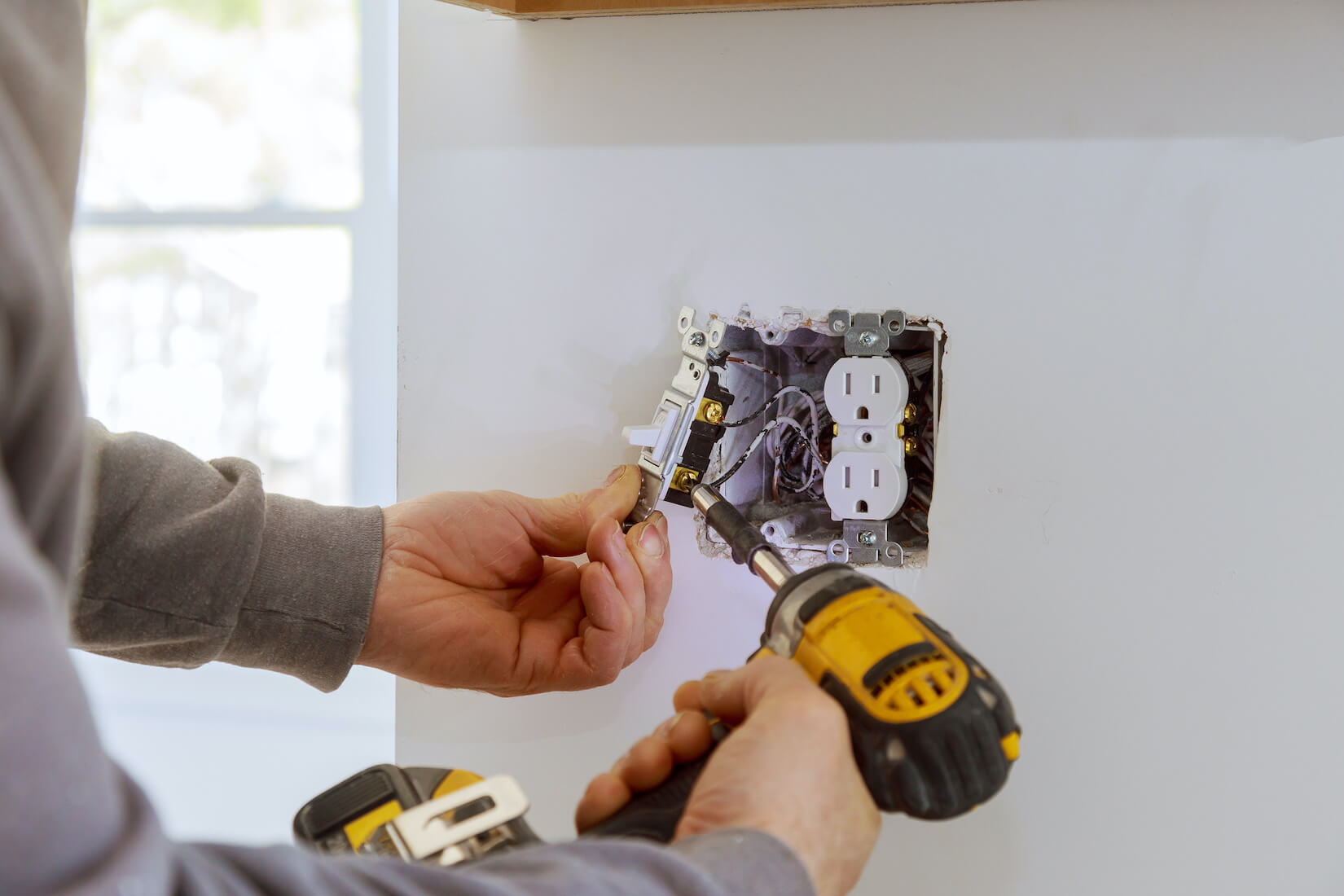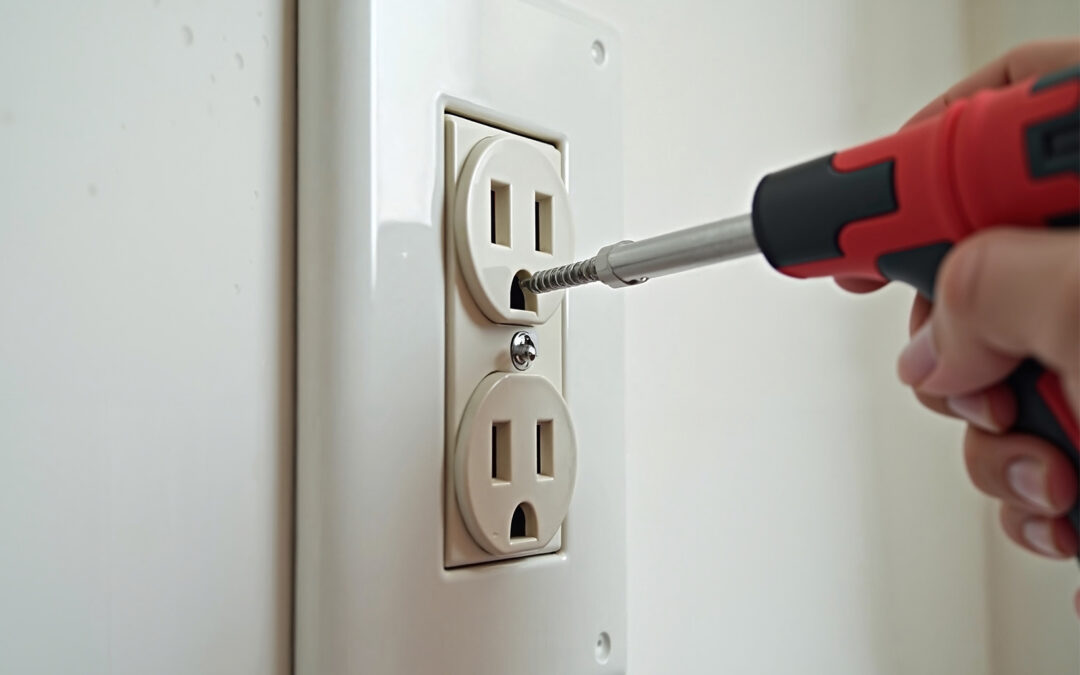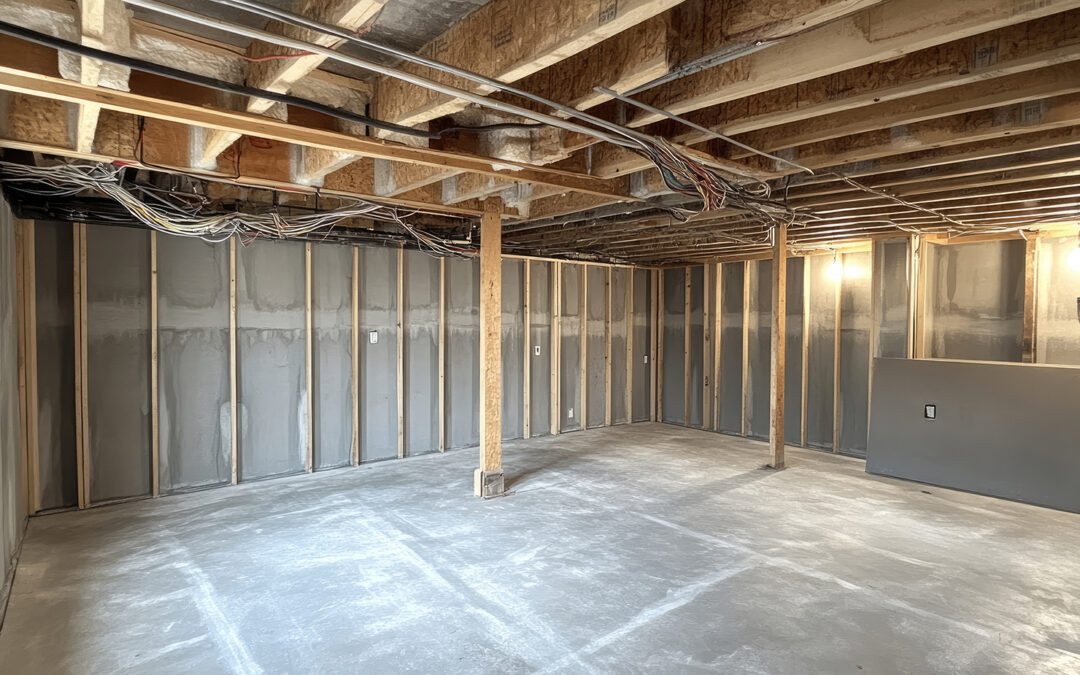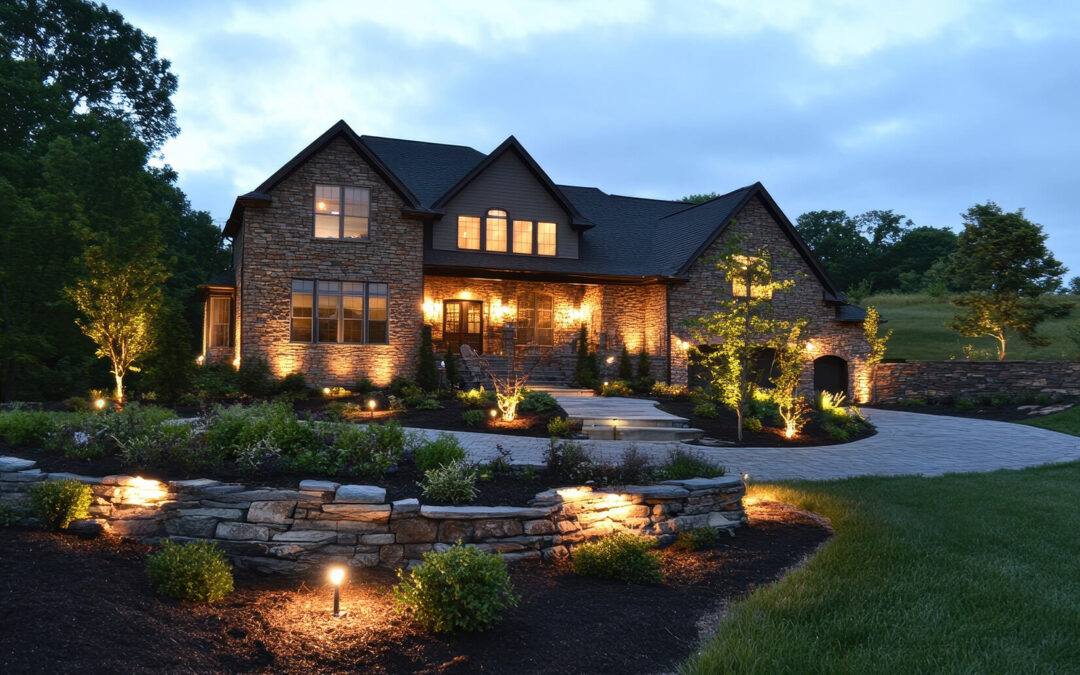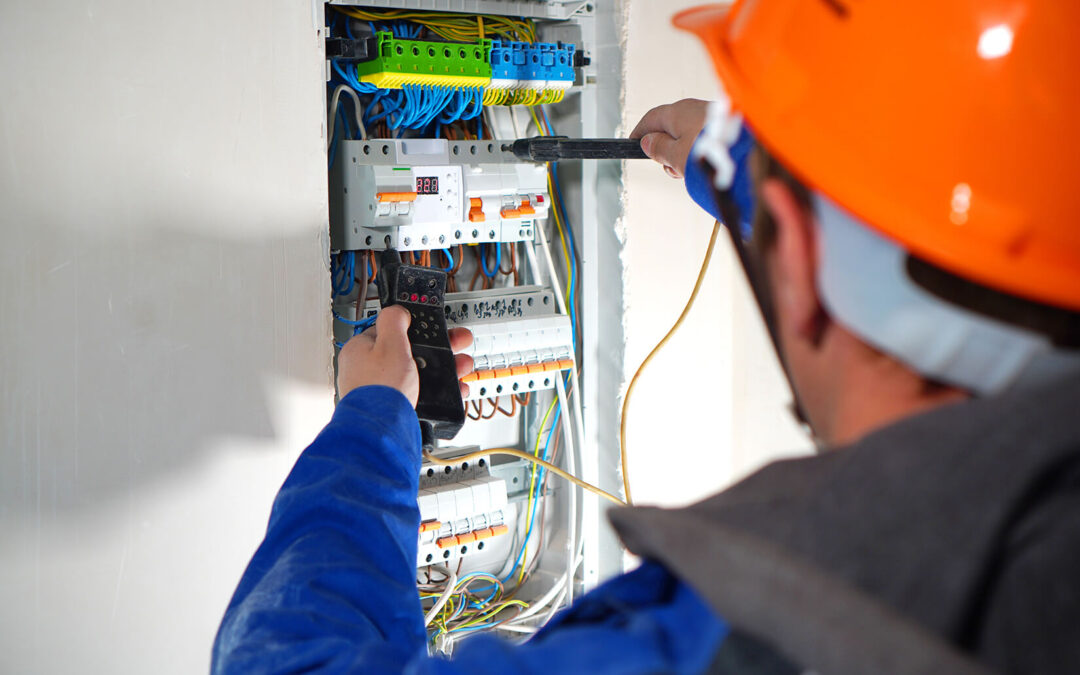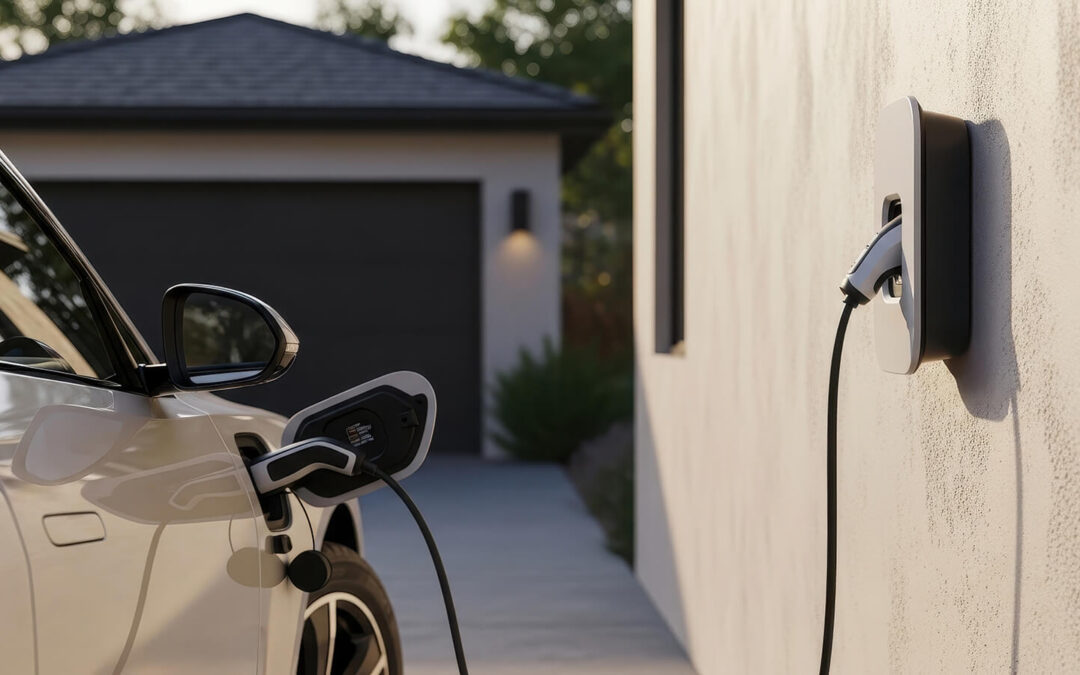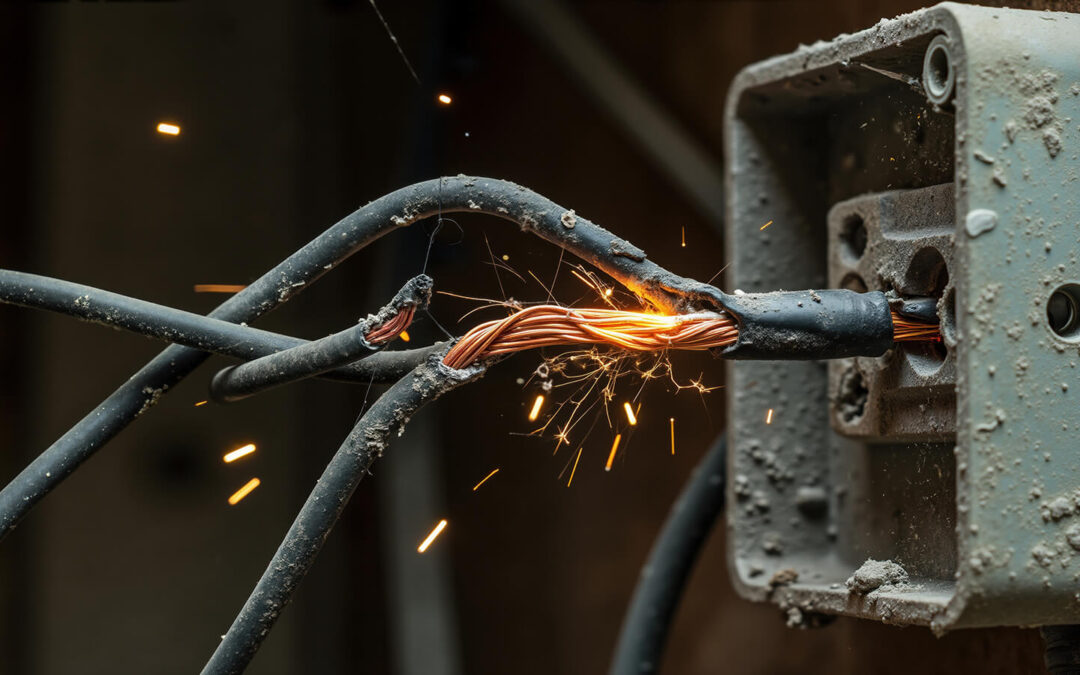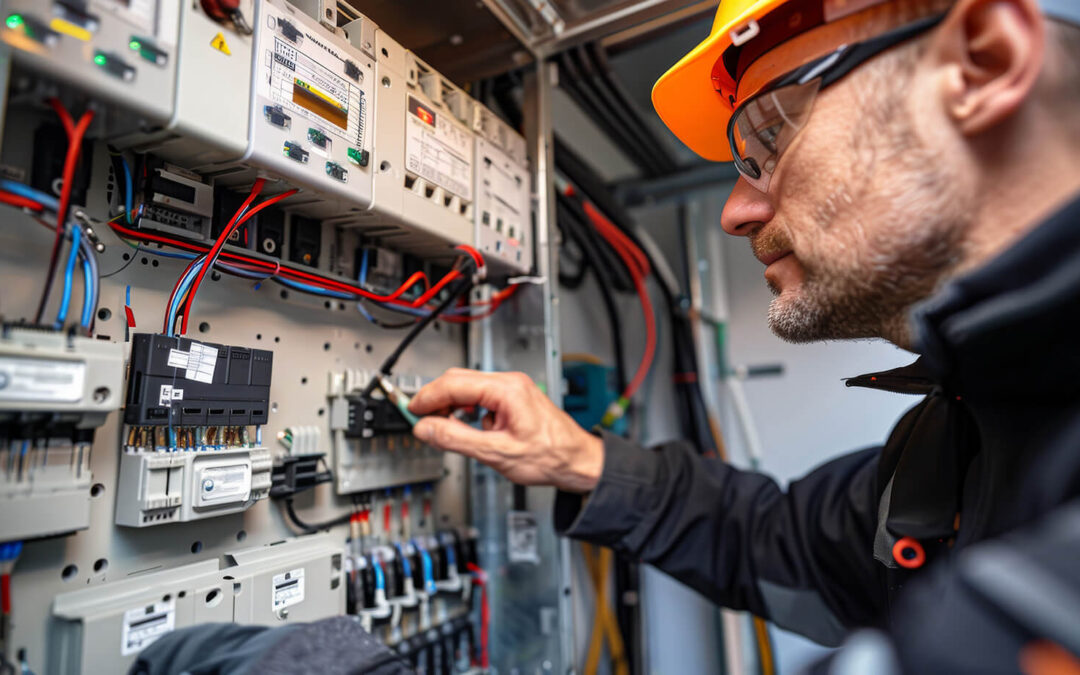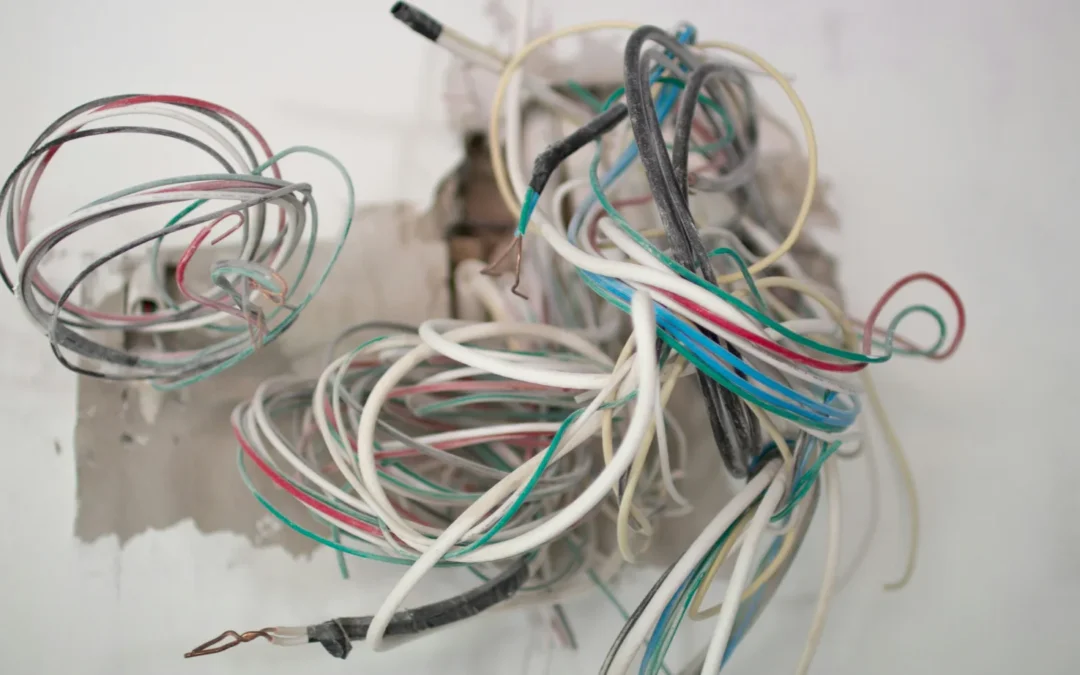In the era of DIY projects and home improvement, many homeowners are tempted to tackle electrical system work themselves. It’s an appealing prospect — saving money, learning a new skill, and the satisfaction of completing a project with your own hands.
However, when it comes to electrical jobs, the stakes are high. Incorrectly installed electrical wiring isn’t just a minor inconvenience; it poses serious hazards, including the risk of fire and electrocution. This begs the question: Is it legal to do your own electrical work?
Understanding Electrical Work Regulations
The legality of DIY electrical work varies significantly by location. Regulations are usually set at the state or local level, with some areas allowing homeowners to perform a wide range of tasks and others restricting electrical work to licensed professionals only. In terms of Colorado electrical, for example, homeowners may undertake certain electrical projects on their own homes after obtaining the necessary permits and passing inspections.
Permits and Inspections: A Crucial Step
A key component of legally performing work on your own electrical systems is adhering to the permit and inspection process required by local jurisdictions. These permits are not just bureaucratic hurdles; they ensure that all Colorado electrical work meets current safety standards, reducing the risk of hazards. Following the completion of your project, a certified inspector evaluates the work to ensure it complies with electrical codes. This process protects you, future occupants, and even your insurance coverage.
Scope of Permissible DIY Electrical Work in Colorado
While minor projects like replacing a new fixture or installing a new ceiling fan might be within the realm of safe and legal DIY work, more complex tasks require professional expertise. Wiring, rewiring, adding circuits, and upgrading electrical panels are examples of projects that typically fall outside the scope of advisable DIY due to the detailed knowledge and experience required to complete them safely and to code.
Risks of DIY Electrical Work
Safety Hazards
The primary concern with unprofessional electrical work is safety. Electrical systems are inherently dangerous, and improper installation can lead to fires, electrocution, and other serious hazards. According to the Electrical Safety Foundation International, electrical distribution systems are the third leading cause of home structure fires. Professional electricians undergo extensive training to learn how to mitigate these risks, a level of expertise difficult for a layperson to achieve through online tutorials or how-to guides.
Legal and Financial Implications
Beyond the immediate safety concerns, improperly performed DIY electrical work can have long-term legal and financial consequences. For instance, doing electrical work without a permit in Colorado can result in fines and require you to redo the work with a professional. Moreover, if DIY electrical work leads to damage or injury, homeowners could face significant liabilities, and insurance may not cover damages resulting from unpermitted work.
The Value of Professional Work
Given these risks, the value of hiring a professional electrician cannot be overstated. Professionals bring expertise and an understanding of local regulations and codes. This knowledge ensures that your electrical system is safe and legally compliant.
When to Hire a Professional Electrician
While the appeal of DIY is strong, certain signs indicate it’s time to call a professional:
- Complexity: If the project goes beyond basic tasks, such as installing a new outlet or light fixture, it’s best to hire a professional.
- Safety: Projects that involve the main power supply, major appliances, or extensive wiring require the knowledge and tools that professional electricians have.
- Regulations: If local laws require professional installation or if you’re unsure about the permit process, consult an electrician.
- Peace of Mind: For security and assurance, professional electricians can guarantee that the work is done correctly and up to code.
Balancing DIY Aspirations with Legal Realities
The DIY spirit is commendable, and with the right knowledge, some electrical tasks can be safely handled by homeowners. However, the legality and safety implications of DIY electrical work necessitate a cautious approach. Before starting any electrical project, research your local laws, understand the scope of permissible work, and consider the risks involved.
For those in need of Colorado electrical services, Table Mountain Electric stands ready to assist. Our team of licensed and insured electricians brings the requisite expertise and a commitment to safety and compliance. Whether you’re planning a minor upgrade or a major renovation, let us handle the complexities of your electrical needs.
Ultimately, the question isn’t just whether it’s legal to do your own work; it’s whether it’s safe and prudent to do so. By understanding the legalities, acknowledging the risks, and knowing when to call in the professionals, you can ensure that your home remains a safe, enjoyable place for years to come. Contact Table Mountain today and let us help.



